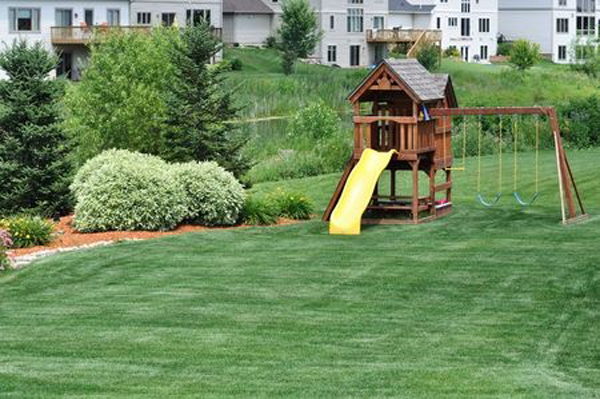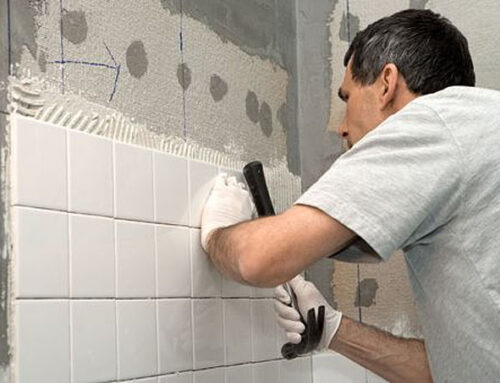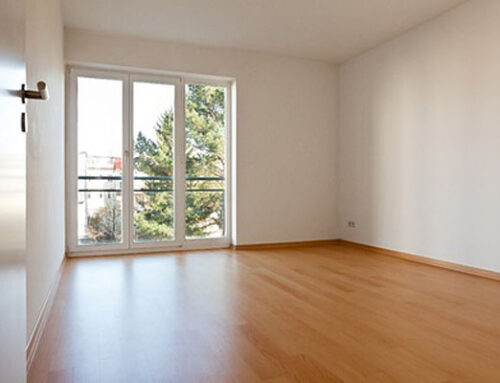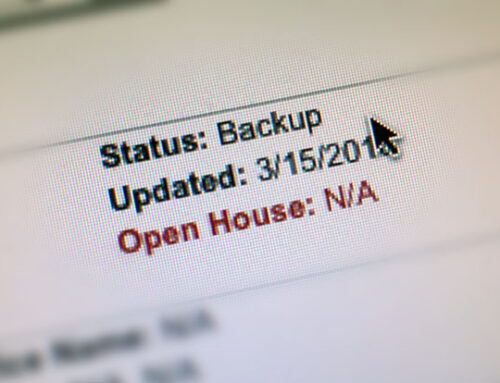If you’re moving into a newer neighborhood, odds are good that you’ll be a member of a Home Owner’s Association. These associations were created with the intent to keep one bad neighbor from tanking the property values of the homeowners around them; which isn’t bad, all things considered. After all, who wants to get a significantly lower price for their home just because the guy down the street likes to keep a variety of car parts on his lawn?
Know the rules and regulations before you move in
Some HOAs are relatively lenient, with rules and regulations in place that govern what you can and can’t do with your home and still allowing you a decent amount of freedom. Others, though, have very stringent rules that may be more than you can handle. Knowing exactly what you’re going to be dealing with before you move in is absolutely crucial. It’s not unheard of for an HOA to fine a resident because they have too many pets, or the automobile they keep in their driveway isn’t new enough.
If you don’t like a rule, try to get it changed
If your children have their hearts set on a jungle gym in the backyard, but your HOA doesn’t allow them, talk to your neighbors. The rule may have been intended to keep people from building structures in their backyards that lend themselves to a lot of outdoor parties that disturbs the peace of the neighborhood. If you speak to your neighbors, it may be possible to change or amend the rule to allow for a swing set and a slide.
Do not take personal gripes directly to the HOA
The HOA is designed to keep the neighborhood from changing too much, to keep property values up, and to ensure that everyone living in the neighborhood is able to live peacefully without stepping on each other’s toes. This last bit often ends up with an individual filing a complaint with the HOA for even the most minor of neighborly transgressions. For example, if you have a neighbor who often entertains, and their houseguests are outside late at night making noise, don’t run directly to the HOA. Instead, try talking to your neighbor first. If you approach them respectfully and are willing to compromise, it’s likely you’ll be able to come up with a solution without getting the HOA involved.
If you can’t change the rules, follow them anyway
America was founded on rebellion and revolution. It’s in our blood to take a stand against things we see as unfair or unjust. When it comes to the HOA, though, it might not be worth it. When you choose not to follow the rules, regardless of what your feelings are as to their validity, the HOA can, and will, take you to court. Most of the time, they win.
































